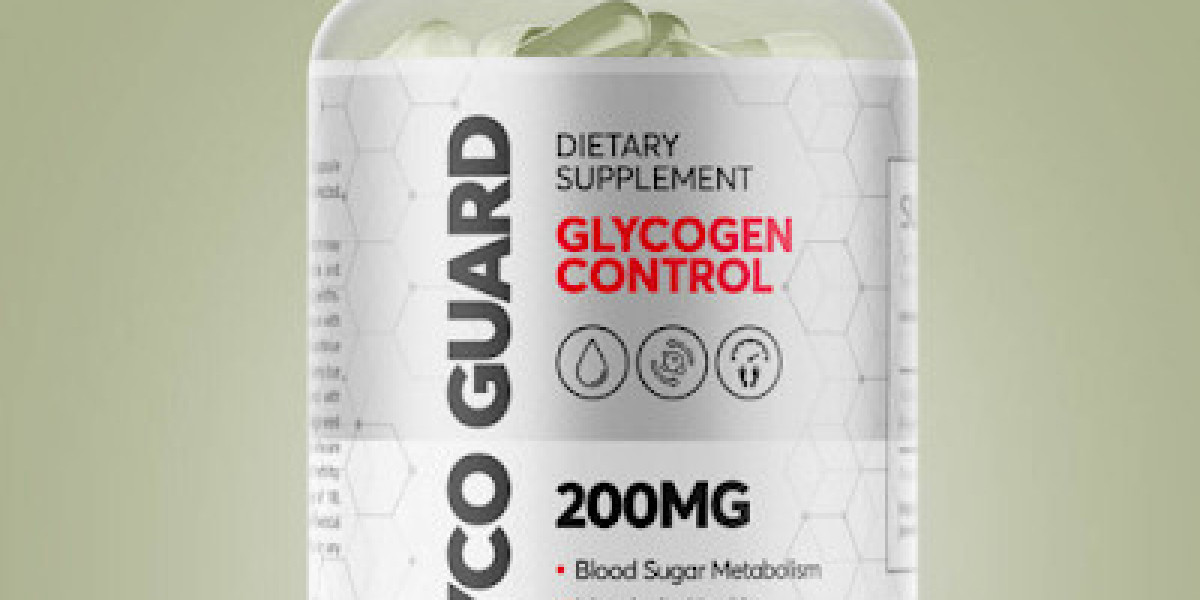Psoriasis is a chronic skin condition that can significantly impact your quality of life, causing discomfort and self-consciousness. Fortunately, Riyadh offers a range of treatments to help manage and alleviate the symptoms of psoriasis. In this blog, we'll explore the various treatment of psoriasis options available in Riyadh, from advanced therapies to lifestyle adjustments, providing a comprehensive guide to achieving clearer and healthier skin.
Understanding Psoriasis
What is Psoriasis?
Psoriasis is an autoimmune disease characterized by the rapid growth of skin cells, resulting in thick, red, scaly patches on the skin. These patches can appear anywhere on the body and are often itchy and uncomfortable. The exact cause of psoriasis is not fully understood, but it is believed to involve a combination of genetic and environmental factors.
Common Symptoms
The primary symptoms of psoriasis include red patches of skin covered with thick, silvery scales, dry and cracked skin that may bleed, itching and burning sensations, and thickened or ridged nails. Symptoms can vary in severity, and flare-ups may be triggered by stress, infections, or certain medications.
Psoriasis Treatment Options in Riyadh
Topical Treatments
Topical treatments are often the first line of defense against psoriasis. These treatments are applied directly to the skin and can help reduce inflammation, slow down skin cell growth, and alleviate itching.
Steroid Creams
One of the most common topical treatments for psoriasis is corticosteroid creams. These creams help reduce inflammation and slow down the rapid growth of skin cells. They are available in various strengths, and a healthcare provider can help determine the most appropriate strength for your condition.
Vitamin D Analogues
Vitamin D analogues, such as calcipotriene, are another type of topical treatment used for psoriasis. These medications help to regulate skin cell production and can be used alone or in combination with other treatments.
Phototherapy
Phototherapy, or light therapy, involves exposing the skin to ultraviolet (UV) light under controlled conditions. This treatment can help reduce the symptoms of psoriasis by slowing down the rapid growth of skin cells and decreasing inflammation.
Types of Phototherapy
- UVB Phototherapy: This involves exposing the skin to UVB light, which can penetrate the skin and reduce psoriasis symptoms. It is often administered in a specialized clinic.
- PUVA Therapy: PUVA therapy combines psoralen (a medication that makes the skin more sensitive to light) with UVA light exposure. This type of phototherapy can be effective for more severe cases of psoriasis.
Systemic Treatments
Systemic treatments work throughout the entire body and are usually prescribed for moderate to severe psoriasis or when topical treatments and phototherapy are not effective.
Oral Medications
Oral medications for psoriasis include drugs such as methotrexate, cyclosporine, and acitretin. These medications work by suppressing the immune system and reducing inflammation. They can have side effects, so regular monitoring by a healthcare provider is essential.
Biologic Drugs
Biologic drugs are a newer class of systemic treatments that target specific parts of the immune system involved in psoriasis. These medications are administered through injections and can be highly effective for severe cases of psoriasis.
Alternative Therapies
In addition to conventional treatments, some people find relief from psoriasis through alternative therapies. While these treatments may not be a substitute for medical care, they can complement traditional approaches.
Herbal Remedies
Herbal remedies such as aloe vera, oatmeal baths, and coconut oil are often used to soothe the skin and reduce inflammation. It's important to use these remedies cautiously and consult with a healthcare provider before starting any new treatment.
Lifestyle and Diet
Certain lifestyle changes and dietary adjustments may help manage psoriasis symptoms. For example, incorporating anti-inflammatory foods into your diet, reducing stress, and avoiding known triggers can contribute to overall skin health and potentially reduce flare-ups.
Choosing the Right Psoriasis Treatment in Riyadh
Factors to Consider
When selecting a psoriasis treatment, several factors should be considered:
- Severity of Psoriasis: The severity of your condition will influence the type of treatment that is most appropriate.
- Response to Previous Treatments: If you've tried treatments in the past, it's essential to consider how well they worked and any side effects you experienced.
- Personal Preferences: Your preferences and lifestyle will also play a role in determining the best treatment option for you.
Working with Healthcare Providers
To find the best treatment plan for your psoriasis, it's crucial to work with a healthcare provider who specializes in dermatology. They can assess your condition, discuss treatment options, and help you develop a personalized plan based on your needs and preferences.
Managing Psoriasis Long-Term
Regular Monitoring and Follow-Up
Managing psoriasis is a long-term commitment that involves regular monitoring and follow-up appointments. Your healthcare provider will need to track your progress, adjust treatments as necessary, and address any new symptoms or concerns.
Coping Strategies
Living with psoriasis can be challenging, and it's essential to develop coping strategies to manage the emotional and psychological impact of the condition. Support groups, counseling, and stress-reduction techniques can help improve your overall well-being.
Embracing a Holistic Approach
A holistic approach to managing psoriasis involves not only medical treatments but also lifestyle adjustments, stress management, and self-care. By addressing all aspects of your health, you can better manage your psoriasis and improve your quality of life.
Conclusion
In Riyadh, there are numerous options for treating psoriasis, ranging from topical treatments and phototherapy to systemic medications and alternative therapies. By exploring these treatments and working closely with a healthcare provider, you can find a personalized approach that helps you manage your psoriasis effectively. Embracing a comprehensive treatment plan and making lifestyle adjustments can significantly enhance your quality of life and bring you closer to saying goodbye to psoriasis.
If you’re seeking relief from psoriasis, psoriasis treatment in Riyadh offers a variety of solutions to help you achieve clearer, healthier skin. Don’t hesitate to reach out for support and explore the best treatment options available for your condition.















